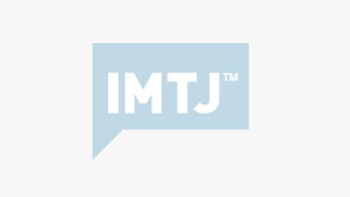RevaHealth.com will continue the expansion of its health clinic search engine. Having originally focused on niche healthcare markets, the company is now expanding into wider local and national healthcare markets and plans to move into the Far East and American markets later in 2009.
RevaHealth.com will continue the expansion of its health clinic search engine. Having originally focused on niche healthcare markets, the company is now expanding into wider local and national healthcare markets and plans to move into the Far East and American markets later in 2009.
Dublin-based RevaHealth.com, the registered business name of Global Medical Treatment Ltd, has received a €1.25 million (US$1.62 million) investment, led by Mianach Venture Capital and supported by Enterprise Ireland.
RevaHealth.com is a search engine that helps users find and compare health clinics worldwide. Founded in 2006, it currently stores information on over 60,000 clinics in the UK, Ireland and 50 other countries worldwide, but only around 1,000 of these are featured clinics which pay for detailed listings.
Users can search for clinics by treatment and location and easily compare their options before contacting their chosen clinic.
“More consumers are going online to research their healthcare options. RevaHealth.com provides a valuable service that gives consumers an easy way to find and compare health clinics worldwide. We now intend to take our proven business model to a wider market,” said RevaHealth.com founder Caelen King.
The first expansion is into Singapore.
King said: “People find it difficult to source clinics in Singapore that offer the particular treatment they are looking for, be it a coronary angioplasty, an eyelift or tooth implants. RevaHealth.com lets visitors easily find and compare over 160 clinics in Singapore, helping them save time and money in finding the best clinic and treatment for their needs.”
RevaHealth claims to be “the world ‘s largest medical tourism search engine”. Despite being challenged by IMTJ to substantiate this claim on monthly site traffic or other criteria, the company declined to do so.
It did offer less than convincing “off the record” information that attempted to justify this claim. As the responses mentioned leading competitors by name and even refuted that these companies were medical tourism search engines, RevaHealth’s claims was put to competitors.
Competitors commented that their traffic figures were higher than RevaHealth’s.
Medical tourism has more than its fair share of people making bold yet unsubstantiated claims, and the moral of the story is that if you make claims to be the “ largest “ or the “ best”, then, you had better be able to back them up when challenged. Failure to do so just plays into the hands of those opposed to medical tourism who regard parts of the industry as “no better than snake oil salesmen making empty claims they cannot substantiate”.








 ©2024 All rights reserved LaingBuisson
©2024 All rights reserved LaingBuisson 


